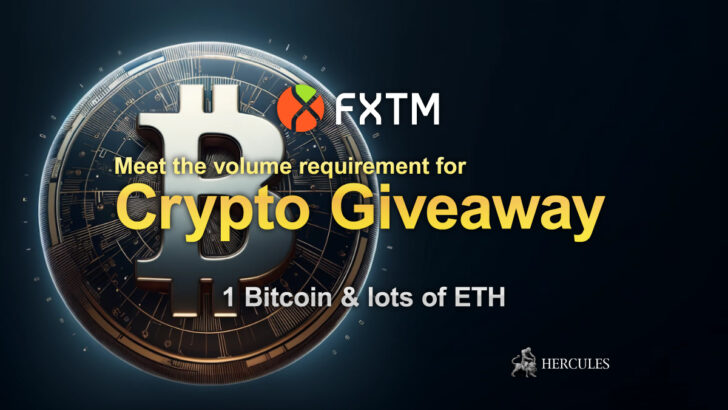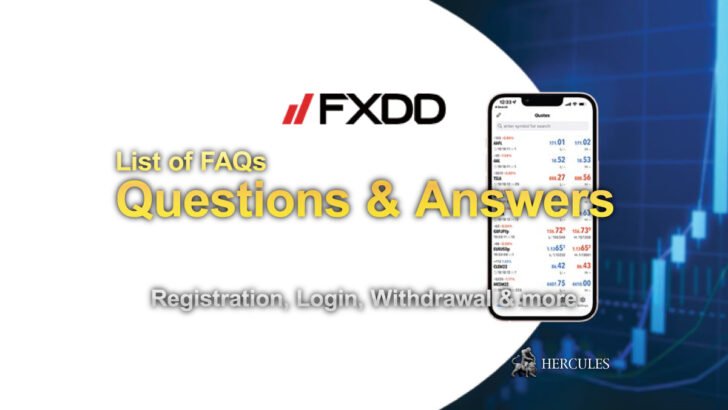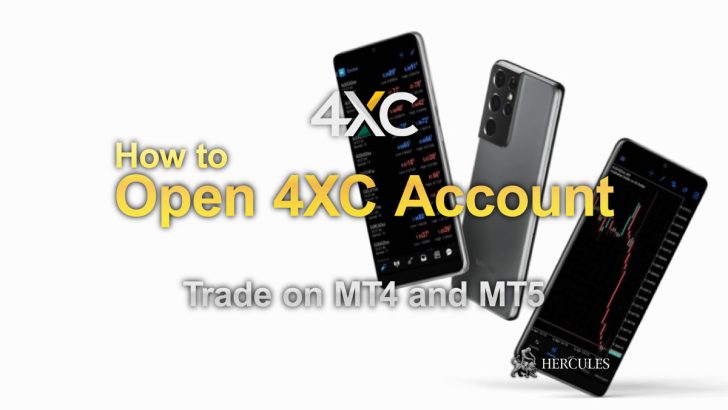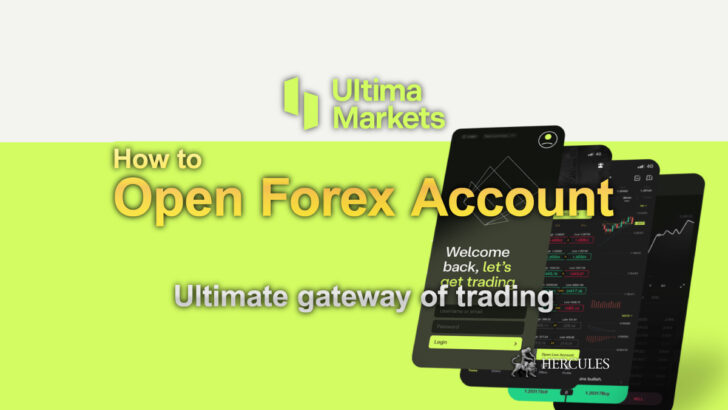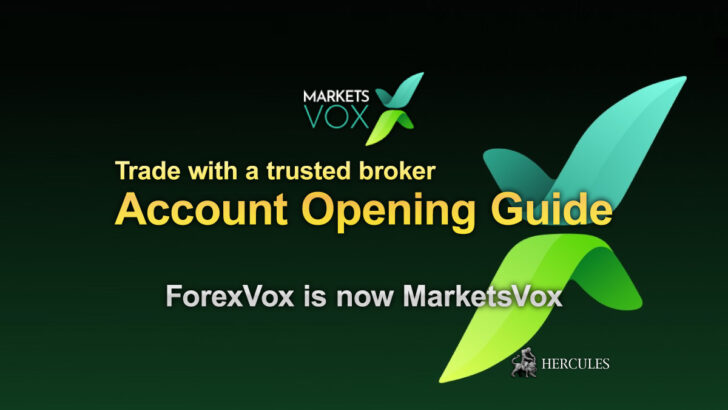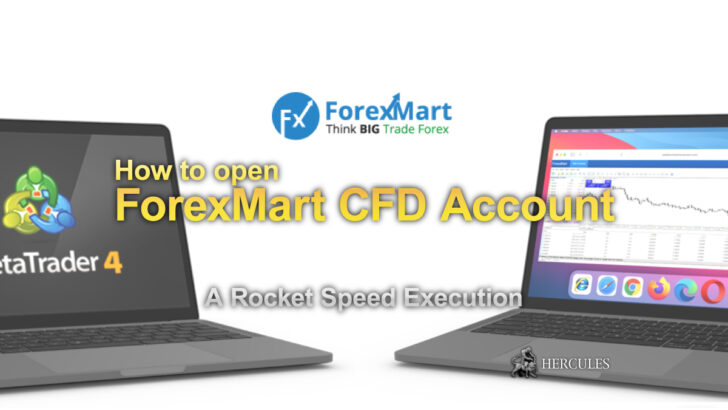How does it work?- Deriv's Online CFD Trading
What is CFD Trading with Deriv?
CFD is an acronym for Contract For Difference and means settlement for differences.
This is a book-only transaction that does not involve the physical delivery of stocks.
Therefore, you can trade with a certain amount of collateral (margin), and you can trade as many times as you have on hand at a low cost.
The range of financial instruments is very wide and includes cash equities, stock indexes, bonds (interest rates), commodities (crude oil, precious metals, grains, etc.).
With Deriv, you can invest in hundreds of financial markets of CFDs through one trading account.
CFD transaction flow
Now, in order to understand the mechanism of CFD, let’s take a closer look at the flow of transactions while comparing them with cash stock trading.
For this time, we will assume that you will buy and sell Toyota stock in CFD online.
1. Opening Stock CFD order
In the case of physical stocks, first log in to the trading system of the exchange and check the sell and buy prices of Toyota stocks traded on the exchange.
If you place a limit order, it will be immediately linked to the exchange.
After that, when the market price reaches the specified price, the contract will be executed, and after 4 days, the stock will be exchanged for the price and the settlement will be completed.
As a result, you own the Toyota stock and are entitled to dividends and shareholder benefits.
In case of CFD trading, you need to log in to the trading system of Deriv from Deriv Official Website, and check the price of Toyota stock in the same way.
However, this is not the exchange price itself.
It is the price that the trader refers to the price on the exchange and offers.
You can basically think that they are the same, but that is not the “itself”.
What the Deriv refers to in order to provide you with the price is the underlying asset.
Now, let’s say you place a limit order in CFD market as well.
If the price of the underlying asset reaches the specified price, the CFD order will also be fulfilled.
When you place an order, you will be buying Toyota stock for the price and the counter-party will be selling.
Open trades that have been opened are called open positions (or simply orders or positions).
The above example is for a buy order, but since CFD can be entered from sell too, you have a trading opportunity in any market situations.
2. Closing Stock CFD order
You will continue to hold open position until the settlement is done.
Then, when the opportunity comes, you can settle by reverse trading, and you can close this condition.
In CFD, the settlement is completed only by the corresponding buy and sell pair.
When the settlement is done, the difference between the buy price and the sell price is passed to and from the trader to complete this transaction.
The buying and selling is to offset the open position by hitting a sell position for a buy position of the same market and quantity and a buy position for a sell position.
And if you sell more than the price you bought it, you will make money, and if you sell it cheaply, you will lose.
This is called the difference settlement method.
In case of financial markets on Deriv’s trading platform, all markets work the same way as explained above.
Basic Mechanism and Features of CFD
In the following, we will explain the mechanism and features of CFD in more detail.
1. CFD is high risk and high return
CFD is basically a product that takes risks and seeks trading profit (capital gain) rather than aiming for profit (income gain) such as interest rates and dividends.
There is no guarantee of principal while trading and you may incur losses as well as profits.
Since it is basically a high-risk, high-return transaction, it is a little unreasonable for someone who has no experience in trading market products to start CFD suddenly.
Even if you start, we recommend that you reduce your leverage by a factor of 1, or start from demo trading account which you can open for free with Deriv.
Open Deriv Real or Demo Account
2. There are thousands of CFD markets
CFDs deal with a wide variety of stocks, stock indexes, bonds, and commodities on Deriv’s platform.
In addition to the general index, stock indexes can also be traded by industry.
Bonds trade at interest rates.
Commodity is the market price of goods, but the word “commodity” also has a broad and confusing meaning.
It includes energy such as crude oil, non-ferrous metals and precious metals, and agricultural products such as grains.
In addition, CFD product covers not only one country but also the Western, Asian and Oceania markets.
In addition, CFD is applicable to currencies (exchange rates) too, but FX’s (Exchange Margin Trading) popularity precedes CFD market.
Recently, the number of companies handling both products is gradually increasing.
In case of Deriv, you can trade Forex, Stocks, Commodities, Previous Metals, Bonds, Stock Indices and more markets in a form of CFDs.
3. CFD is an OTC market
CFD is a bilateral transaction.
This is a method in which a trader becomes a counter-party of a transaction and conducts a one-to-one transaction with another trader.
Therefore, the degree of freedom in product type is high, and various products can be handled as CFD.
On the other hand, ordinary stock trading is called exchange trading.
All orders are linked to the exchange where the sell and buy orders meet and fill.
A trader (and a securities company) only receives orders from customers.
At CFD, the trader’s trading partner is another trader.
Traditionally, these bilateral deals have been limited to the professional world.
It meant that individual investors should go to an exchange with strict rules.
As a global trend, the deregulation of authorities has progressed, and it has changed to allow individuals to carry out such transactions at their own risk.
4. CFD is a Margin trading
CFD can buy and sell if you deposit only a portion (about 0.2% to 1%) of the total transaction price as collateral.
This is called margin trading or leverage trading.
With the so-called leverage, it is possible to trade many times or hundreds of times the amount of invested funds.
In addition, the stocks and currencies to be traded are not actually delivered, and the only way to end the trade is to settle the difference.
Transactions can be started by buying or selling, and you can make a profit when the market drops.
Advantages of Online CFD Trading
There are many advantages to trade CFD products online with Deriv.
Here are some main advantages of online CFD trading.
1. A wide variety of financial markets
The biggest merit of CFD is that there are various options for trading.
For example, if you open an account with Deriv, you can trade individual stocks, stock indexes, commodities, precious metals, forex with the same mechanism.
Traditional securities companies cannot receive such an all-in-one service.
Margin trading for stock index futures and individual stocks must be done differently, and trading by industry or stocks in overseas markets cannot be done in the first place.
2. High Leverage and Profit from falling prices
Since CFD is a margin trading, the total amount is not required for trading.
With Deriv, you can apply a leverage of 1 to 500 times to the inserted margin.
Another advantage of margin trading is that it can be used as a chance even when prices are falling.
This is a great advantage over ordinary physical stock trading in the sense that it offers a wider range of trading tactics.
3. CFD has No trading limit
The mechanism of margin trading is the same in comparison with stock index futures and commodity futures.
However, since CFD is over-the-counter trading, there are some differences from futures trading, which is the exchange trading.
That is, there is no contract month and the leverage ratio is high.
Futures traded on the exchange have a contract month, which has a fixed trading deadline.
If you have an open position until the deadline, it will be automatically settled, so if you want to continue, you have to settle the position once and open a new one in the next contract month.
Although CFD is a margin trading and it is not a futures trading, so it does not have such a contract system, and there is no need to worry about deadlines.
Also, depending on the trading target, there are cases where trading time is longer than exchange trading, such as trading even at night.
In addition, CFD does not have the limitation that the same stock, such as individual stock, can only be traded once a day.
You can trade CFD markets as many times a day as you like.
Next, with regard to leverage, the leverage ratio for futures trading is kept low compared to CFD.
Of course, the higher the ratio, the higher the risk and return, so this is not an absolute merit, but it can be said to be an advantage in the category.
Disadvantages of Online CFD Trading
While there are many merits of trading CFDs online, there are also certain disadvantages.
1. Product specification is a little complicated
The first disadvantage of CFD is that the product specification is a little complicated.
In the case of individual stocks in particular, caution is required because corporate actions (measures implemented by the company such as dividends and splits) are involved.
If you are short (selling) with individual stocks, you will be in a position to pay when there is a dividend, and there will be interest cost in addition to transaction fees and spreads.
2. Difficulty to read the market trend
The advantages of CFD can be a disadvantage for beginners.
There may be a lot of hurdles for beginners that there are various brands including overseas markets and that they are high risk and high return.
In addition, the amount of information on stocks in overseas markets may be limited if you cannot reach the market information.
Risk of online CFD trading
CFD trading is high risk and high return.
There are certain risks that you must know before start trading with Deriv.
1. Market fluctuation risk
With CFD, the market risk is still the highest.
Since CFDs are quoted products, there is a risk of loss due to fluctuations in the prices of original products such as stock prices.
CFD is a transaction that carries the risk of losing the total principal while having the opportunity of a large profit.
2. Margin trading risk
Another thing to be aware of with CFD is that it is a margin trading.
With leverage, you can trade much more than your trading margin, so if you suffer a loss, you’ll have a lot of damage.
Theoretically, it is possible to lose more than the principal.
In the case of physical stocks, the worst case is when the company goes bankrupt and the stock certificates are simply run out of paper (these standard expressions cannot be used when stored electronically).
However, in the case of CFD, the loss may exceed the principal.
If you are with Deriv that employs an automatic stop out mechanism, it is possible to considerably reduce the possibility of loss exceeding the principal amount, but still you would like to avoid such risks.
3. Risk of system failure
When conducting CFDs online, there is a risk that the broker’s system, your personal computer or peripherals, and the Internet itself will be down.
The most probable of these is the system trouble on the broker’s side.
However, the frequency varies depending on the broker.
Some brokers rarely happen, while others happen frequently.
The stability of such a system and the extent to which it takes responsibility for system failures are important points when selecting a broker.
You also have to take responsibility for your own computer.
It normally doesn’t break so much, but you can avoid a certain amount of risk, such as having two units just in case, a laptop computer in case of a power outage, or choosing a broker who can also trade on your mobile phone lie Deriv.
4. Bankruptcy risk
Market prices and risks are inseparable, but you may want to avoid carrying the risks of brokers.
The law requires the preservation of trust, but it cannot be said that it is 100% safe.
This is because there is a certain gap between when the amount required for the trust is calculated and when the trust is actually made, meanwhile the market price moves.
Also, the capital adequacy ratio is an important point as an index for measuring the safety of a broker.
This is an indicator of how liquid a company is to risk, and is required by law to be audited every certain period.
The higher the number, the more preferable, but it is better to exclude those who do not publish these numbers.
5. Liquidity risk
Liquidity is the market capacity for how many orders can be consumed.
A market that can quickly close even large orders is highly liquidated.
The foreign exchange market has the highest liquidity of any financial market in the world.
However, some individual stocks have a much smaller trading volume.
Stocks with low liquidity tend to have large volatility and spreads when something happens.
6. Trading rule risk
When the price movement of the underlying asset becomes extremely large or there is a risk of such movement, the broker may take emergency measures.
For example, a broker is possible to increase the amount of margin trading or change the level of automatic stop out.
As a result, there may be cases where margin is insufficient or automatic stop out occurs.
The risk of such rule changes cannot be controlled by the traders, so it is important to have sufficient funds at all times.
In addition, you may also want to confirm in advance the terms and conditions, to confirm whether rules can be changed.
Deriv offers up to $10,000 deposit bonus for traders in certain countries.
For more information about Deriv’s deposit bonus promotion, visit the page here.

